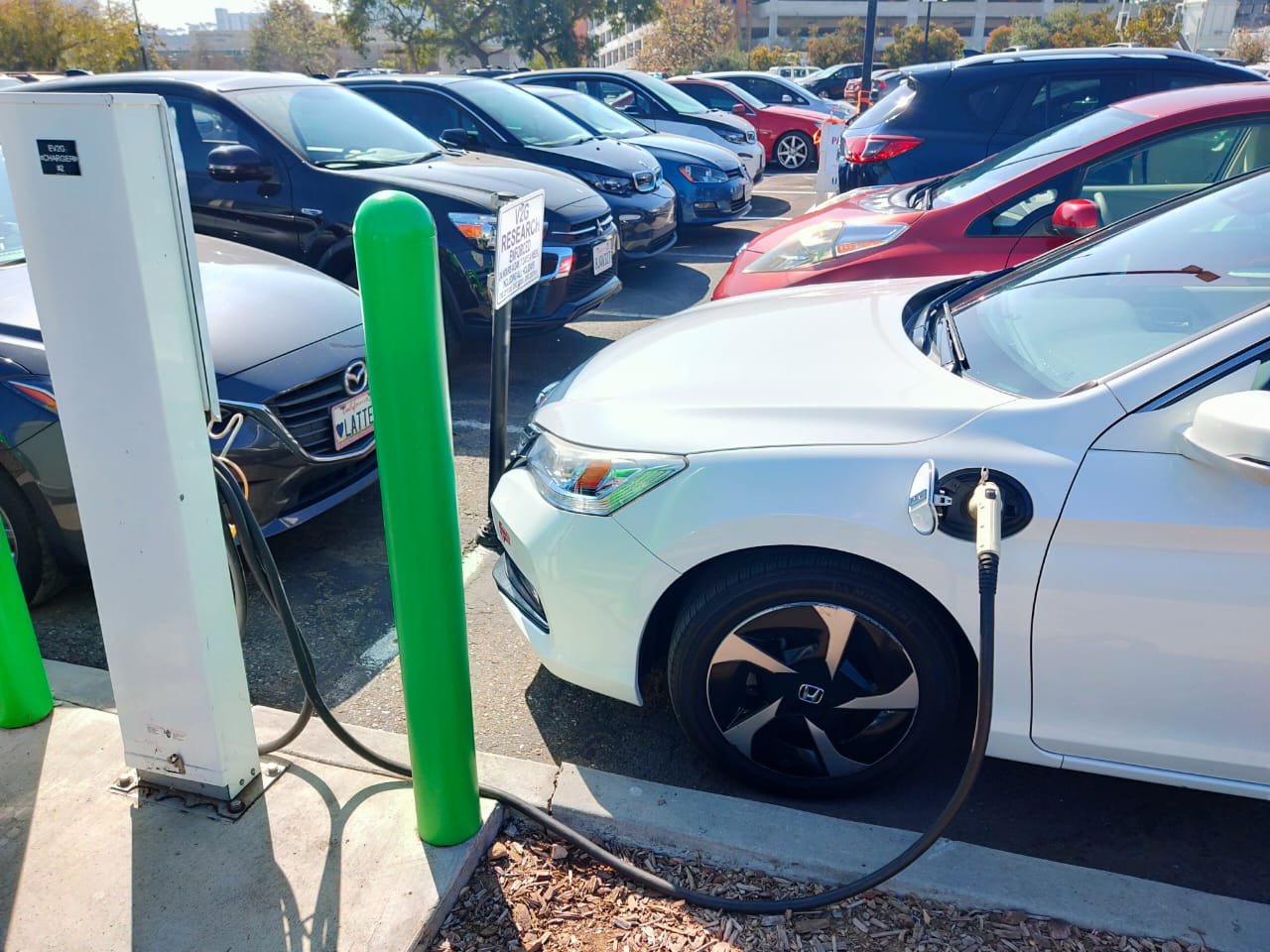In a historic move, the Biden-Harris Administration has approved the Electric Vehicle Infrastructure Deployment Plans that will help build EV charging stations across all 50 States, the District of Columbia, and Puerto Rico covering approximately 75,000 miles of highway across the country.
Earlier this week (Sept. 27), the US Dept of Transportation announced that the Biden-Harris Administration has approved the EV Infrastructure Deployment Plan ahead of schedule under the National Electric Vehicle Infrastructure (NEVI) Formula Program. With the latest move, all States will now have access to the NEVI Formula Program fund totaling more than $1.5 billion to build an EV charging network. The NEVI Formula Program was established and funded by President Biden's Bipartisan Infrastructure Law.
"America led the original automotive revolution in the last century, and today, thanks to the historic resources in the President's Bipartisan Infrastructure Law, we're poised to lead in the 21st century with electric vehicles," said U.S. Transportation Secretary Pete Buttigieg.
"We have approved plans for all 50 States, Puerto Rico, and the District of Columbia to help ensure that Americans in every part of the country – from the largest cities to the most rural communities—can be positioned to unlock the savings and benefits of electric vehicles."
The transportation sector is the largest contributor to greenhouse gas emissions in the United States, and the latest move is aimed at not only building a robust network of public chargers that will support the EV transition across the US but also for combating the climate crisis.
"Every single state, D.C. and Puerto Rico are working to leverage the investments from the President's Bipartisan Infrastructure Law to expand domestic electric vehicle charging across America," said U.S. Secretary of Energy Jennifer M. Granholm.
"President Biden is leading the shift to electrify transportation—ensuring drivers can commute and charge confidently and affordably, and lessening our oversized reliance on fossil fuels while combatting climate change."
According to an official statement by the US Department of Transportation, the NEVI Formula program is just one type of funding available to advance EVs as part of President Biden's climate and economic agenda. Some of the additional funding sources include:
- Ten percent of the NEVI Formula Program that is set aside each fiscal year for the Secretary of Transportation to help fill gaps in the national network through discretionary grants.
- The $2.5 billion Discretionary Grant Program for Charging and Fueling Infrastructure, which will ensure charger deployment meets the Biden-Harris Administration's priorities, including equity commitments to increase EV charging access in rural, underserved, and overburdened communities.
- The Inflation Reduction Act, that will help bring down the sticker price of electric vehicles, providing tax credits to purchase new and used electric vehicles, as well as making an additional $3 billion accessible to support access to EV charging for economically disadvantaged communities through the Neighborhood Access and Equity Grant Program.
- The CHIPS and Science Act, which will bolster U.S. leadership in semiconductors, providing $52.7 billion for American semiconductor research, development, manufacturing and workforce development. This includes $39 billion in manufacturing incentives, including billions for the legacy chips used in automobiles.
- The cumulative $7 billion in funding to support an end-to-end domestic supply chain for domestic EV battery manufacturing is available through the Department of Energy.
- The Reduction of Truck Emissions at Port Facilities Program, which will provide $400 million in competitive funding to reduce truck idling and emissions at ports, including through the advancement of port electrification.
President Biden has set an ambitious goal for half of all new vehicles sold in 2030 to be zero-emissions vehicles, and setting up of a convenient and affordable EV public charger network is expected to help toward faster EV adoption in the US.
Read More

